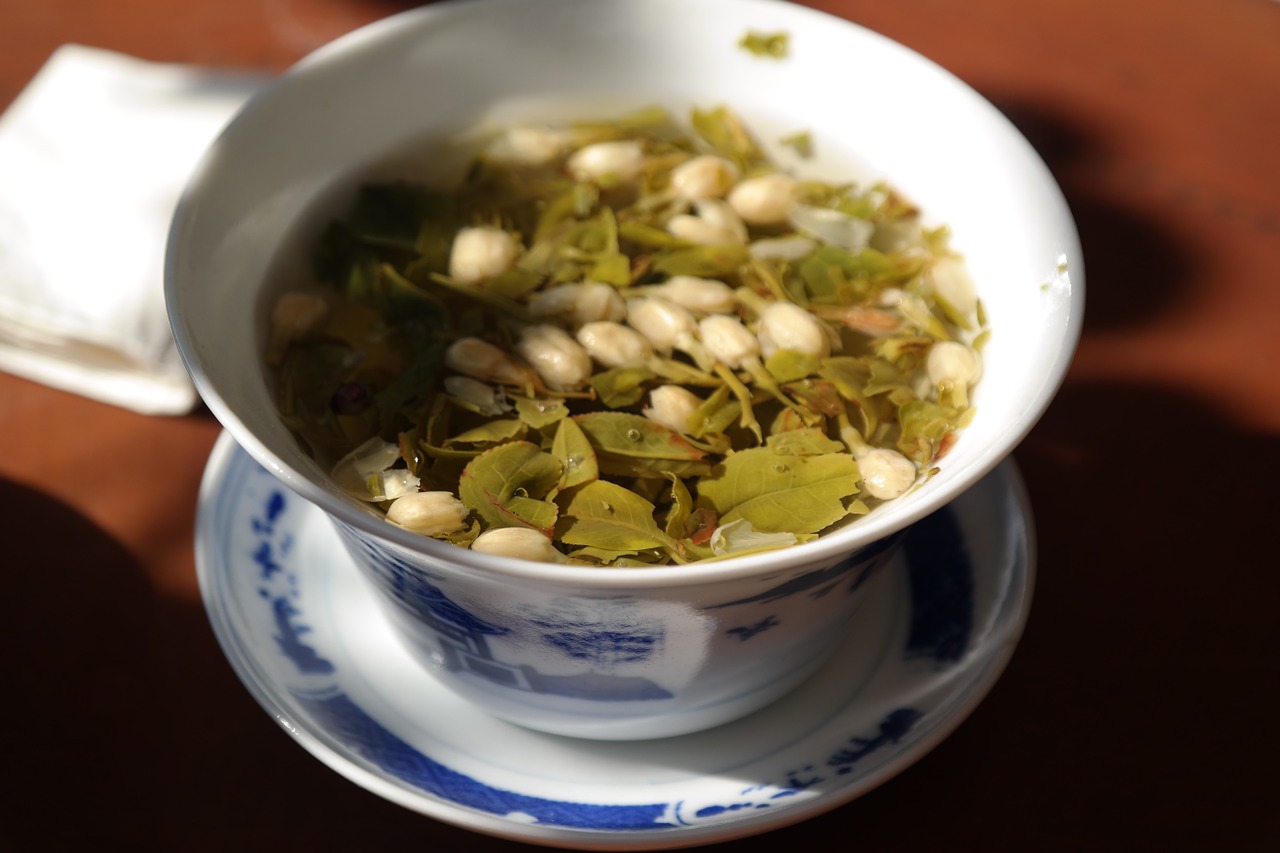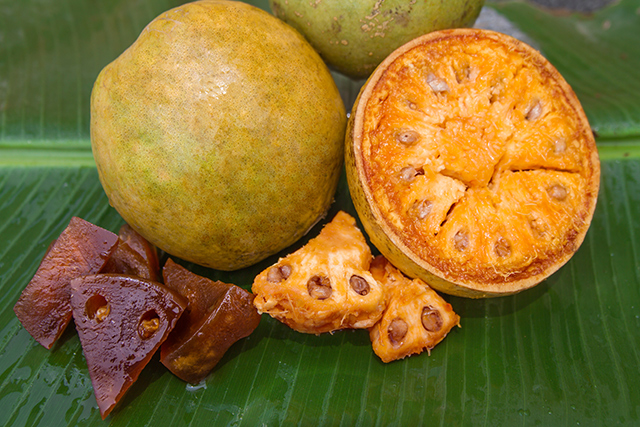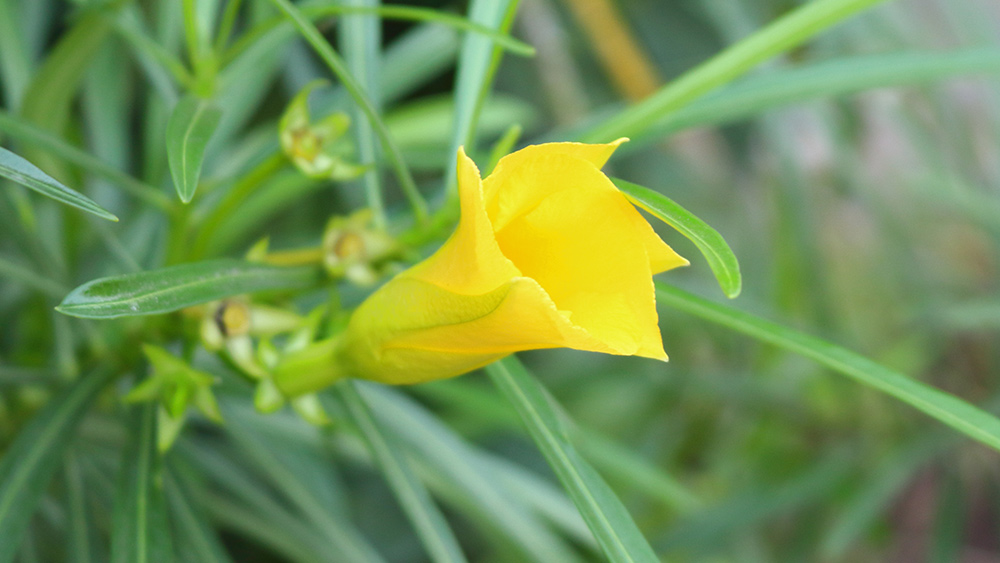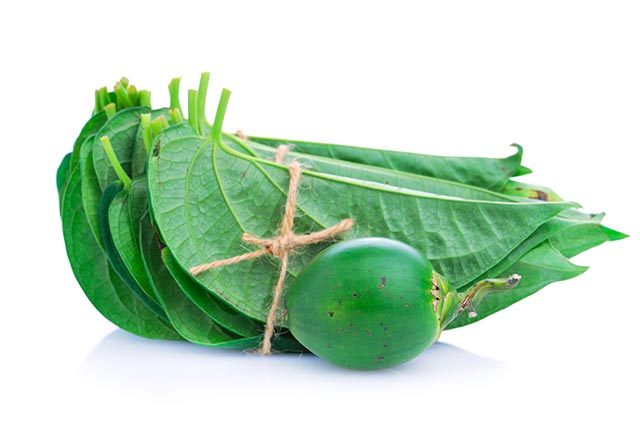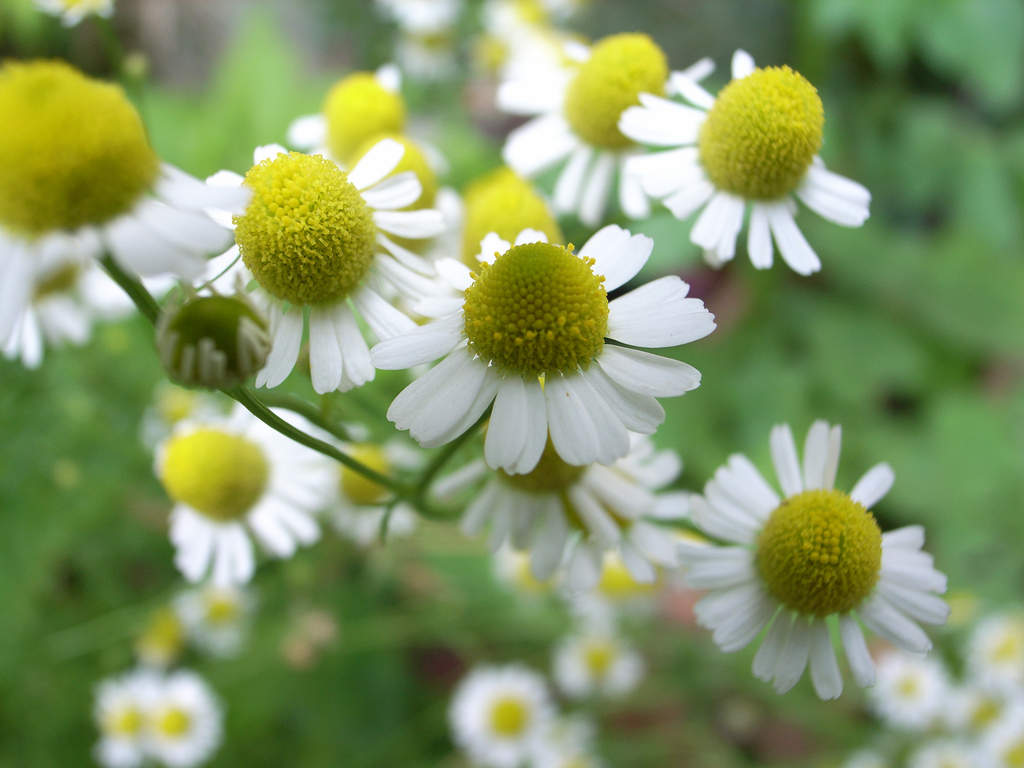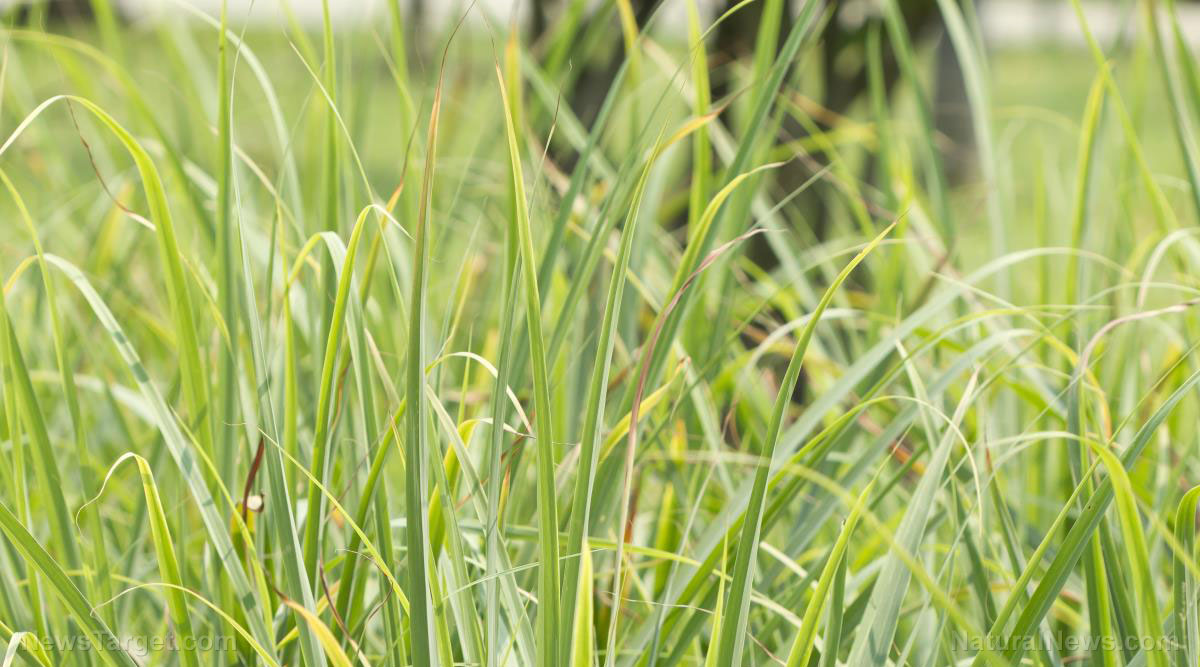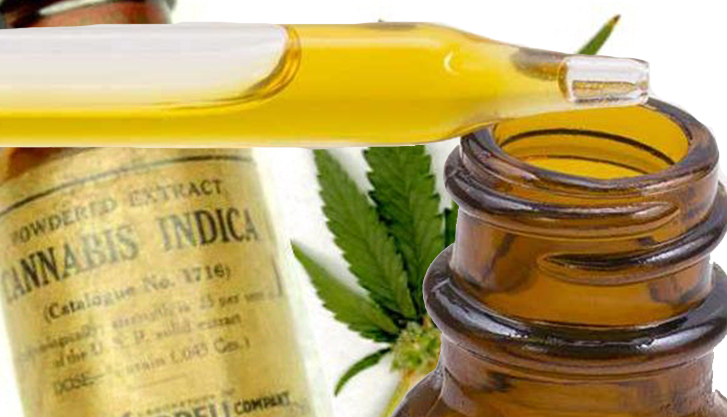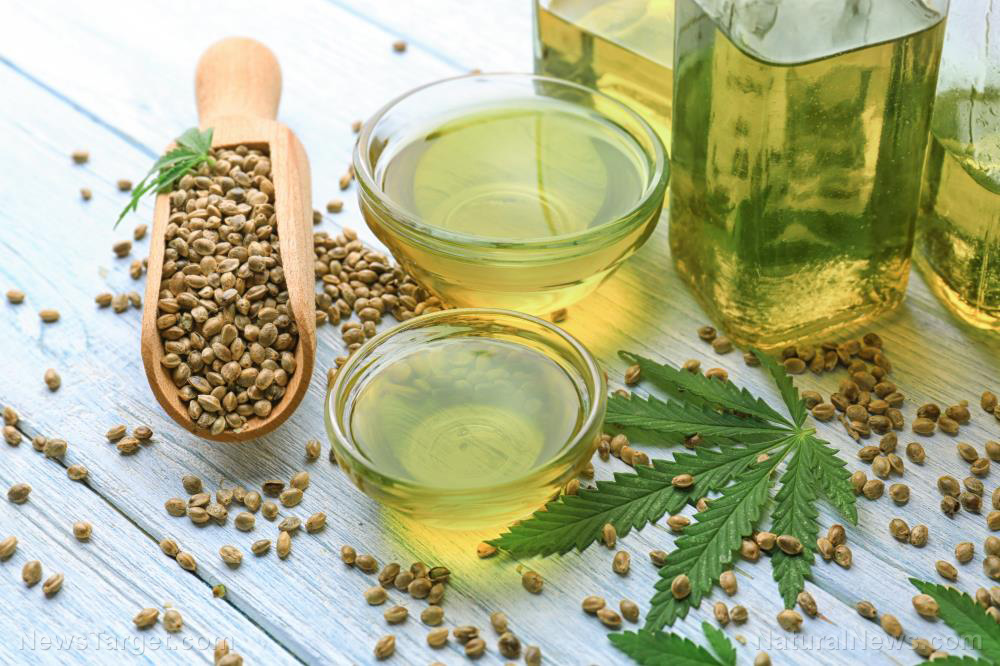5 dietary plants found to have great lipid lowering activity
10/01/2018 / By Rhonda Johansson
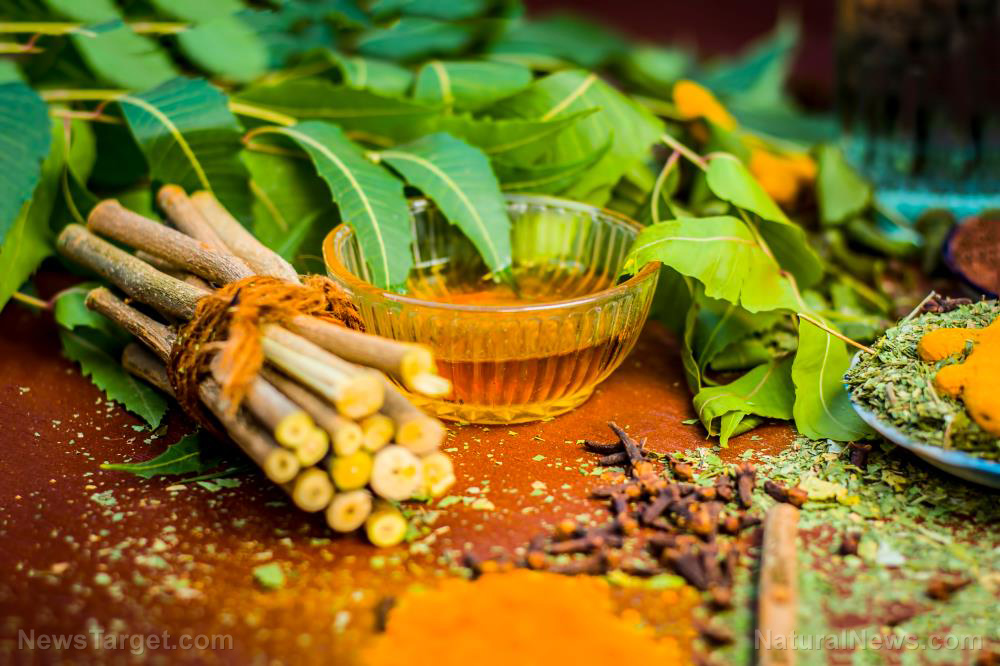
Plant-based medicines show potential in reducing blood cholesterol levels without the adverse effects usually associated with conventional drugs. The results of a recent study published in the Journal of Medicinal Plants Research validated the use of five traditional ethnomedicines in preventing hyperlipidemia.
- Neem tree (Azadirachta indica), cotton tree (Bombax ceiba Linn), Kaffir lime (Citrus hystrix DC), Solomon’s-Seal (Polygonatum odoratum), and Turkey berry (Solanum torvum Sw) are used in folklore medicine as natural treatments for high cholesterol.
- However, there is little to no evidence that supports their use in lowering lipid levels.
- Extracts taken from various parts of these plants were analyzed.
- It was found that all five plants inhibited pancreatic lipase enzyme production, thereby limiting fat absorption and resulting in delayed triglyceride digestion.
- Researchers hypothesize that these effects can be attributed to the polyphenolic action of the plants.
- Solomon’s-Seal was seen to have the strongest inhibitory activity, reducing cholesterol solubility by up to 86 percent.
This study provides evidence that these five dietary plants can be used as effective alternative medicines to lower cholesterol levels.
You can read the full text of the study at this link.
Learn more interesting facts about different types of medicinal plants at Natural.news.
Journal Reference:
Duangjai A, Limpeanchob N, Trisat K, Ounaroon A. EFFECTS OF EXTRACTION SOLVENTS OF DIETARY PLANTS ON LIPID LOWERING ACTIVITY. Journal of Medicinal Plants Research. 25 August 2016;10(32). DOI: 10.5897/JMPR2016.6152
Tagged Under: blood cholesterol, disease prevention, ethnomedicines, high cholesterol, hyperlipidemia, natural cures, natural medicine



